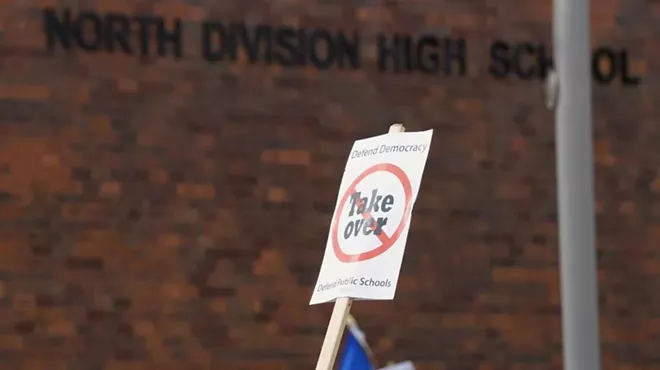Monday, February 23, 2015
Paul Krugman Gets It Right About Education and Jobs
NY Times columnist Paul Krugman is an economist and a college prof, so he's very qualified to talk about the intersection of education, economics and the job market. He gets it right in today's column. His basic thesis: today's weak job market and low wages aren't the fault of a broken education system.
Just to be clear: I’m in favor of better education. Education is a friend of mine. And it should be available and affordable for all. But what I keep seeing is people insisting that educational failings are at the root of still-weak job creation, stagnating wages and rising inequality. This sounds serious and thoughtful. But it’s actually a view very much at odds with the evidence, not to mention a way to hide from the real, unavoidably partisan debate.As an educator, I'm expected to proclaim, "Education is the answer." Just give people excellent schools, I'm supposed to say—from quality kindergartens through a strong undergraduate degree and throw in the possibility of grad school—and people's vocational problems will take care of themselves. Good paying jobs will always be there for the well schooled. But I won't say it, because it ain't so. A good education is necessary, almost essential, to land most good paying, personally rewarding jobs, but it's not sufficient. Wages have stagnated for the highly educated as well as the under educated, and there simply aren't enough jobs paying solid middle class salaries out there for everyone to have a nice, tasty piece of the economic pie. These problems are in the marketplace, not the schools.
Is there a skills gap, too few educated people to fill open jobs? No, says Krugman.
[T]here’s no evidence that a skills gap is holding back employment. After all, if businesses were desperate for workers with certain skills, they would presumably be offering premium wages to attract such workers. So where are these fortunate professions? You can find some examples here and there. Interestingly, some of the biggest recent wage gains are for skilled manual labor—sewing machine operators, boilermakers—as some manufacturing production moves back to America. But the notion that highly skilled workers are generally in demand is just false.
He's right. Even with STEM-related jobs (Science, Technology, Engineering and Math), we're cranking out more than enough grads to fill open positions. Sure, there will always be a shortage of truly brilliant people who are willing to give up any semblance of a life to work, say, at Google, just because that level of genius and commitment is always in short supply. But if businesses want competent STEM workers, what they have to do is pay them a wage commensurate with the potential employees' skills and abilities. All too often, that isn't happening. The labor supply is there. If the demand on the business side were really critical, employers would chase after workers—U.S. workers, not people from other countries—by offering better wages, training and opportunity for advancement. But that hasn't happened since the 1970s.
I had an education prof who said when captains of industry put the blame on education for their economic shortcomings, it's like legislators putting a problem into committee and study it to death for years rather than dealing with the issue. It's a dodge, a stall, a way to shift the blame and do nothing. Putting the blame on schools allows business people to say, "The reason we have low wages and poor quality goods and services is because our schools are failing. We just have to improve the quality of education, then wait a decade for the new, improved students to come out the other end. Meanwhile, there's nothing we can do about it." When the ten years are up, rinse and repeat.
Tags: Paul Krugman , Income inequality , Failing schools











